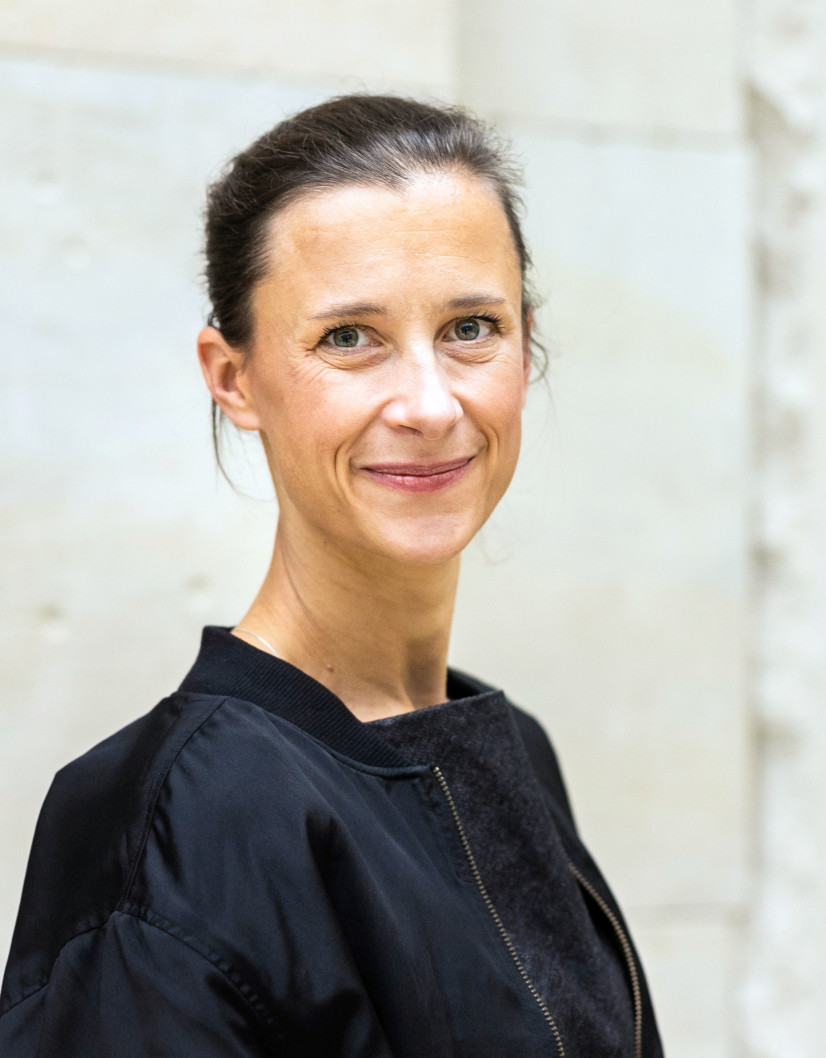PDF herunterladen

What is more, language and its relation to the “global” are also particularly topical at this present moment. Conceptions of language are changing rapidly in the age of AI, and, for the first time, we can imagine a world without language barriers. Yet, while language barriers may seem finally surmountable, new rifts are emerging. At a time when English has achieved an unprecedented dominance in popular culture, trade, teaching, and publishing, questions of standardisation and linguistic diversity are increasingly being discussed. When it comes to the practice of global history, a passionate debate has erupted in relation to the dominance of English as a vehicle of (uneven) communication.
Research on languages has consequently developed into a thriving but not yet consolidated subfield of global history. This project takes these recent individual explorations as its point of departure. Its goal is to move language history to the centre of global history research and to initiate a larger interdisciplinary conversation about language that speaks to the broad themes of standardisation and diversity, elitism and accessibility, simplification and complexity, and to the tension between the social and the global at large.
Recommended Reading
Huber, Valeska. Channelling Mobilities: Migration and Globalisation in the Suez Canal Region and Beyond, 1869–1914. Cambridge University Press, 2013.
Huber, Valeska, and Jürgen Osterhammel, eds. Global Publics: Their Power and Their Limits, 1870–1990. Oxford University Press, 2020.
Huber, Valeska. “Openness and Closure: Spheres and Other Metaphors of Boundedness in Global History.” In Rethinking Global History, edited by Stefanie Gänger and Jürgen Osterhammel, 139–160. Cambridge University Press, 2024.

© privat
2025/2026
Valeska Huber, Dr. phil.
Professor of History
Universität Wien
Born in 1980 in Heidelberg, Germany
BSc in History and Politics, London School of Economics and Political Science, MPhil in History, University of Cambridge, Dr. phil. in History, University of Konstanz
Arbeitsvorhaben
Language Barriers: Speaking across Divides
The project explores the role of language, broadly conceived, in globalising processes of the long twentieth century. Although they are often unacknowledged or even invisible, issues of language speak to central tensions in global history. They are tied to overarching power structures—colonial, national, or economic—and, at the same time, intensely personal in their relation to identity-building and individual expression. Since the late nineteenth century and, increasingly, during the 1920s and beyond, national languages were standardised, vernaculars came under threat, world languages were hotly debated, and experiments with artificial languages emerged in very diverse contexts.What is more, language and its relation to the “global” are also particularly topical at this present moment. Conceptions of language are changing rapidly in the age of AI, and, for the first time, we can imagine a world without language barriers. Yet, while language barriers may seem finally surmountable, new rifts are emerging. At a time when English has achieved an unprecedented dominance in popular culture, trade, teaching, and publishing, questions of standardisation and linguistic diversity are increasingly being discussed. When it comes to the practice of global history, a passionate debate has erupted in relation to the dominance of English as a vehicle of (uneven) communication.
Research on languages has consequently developed into a thriving but not yet consolidated subfield of global history. This project takes these recent individual explorations as its point of departure. Its goal is to move language history to the centre of global history research and to initiate a larger interdisciplinary conversation about language that speaks to the broad themes of standardisation and diversity, elitism and accessibility, simplification and complexity, and to the tension between the social and the global at large.
Recommended Reading
Huber, Valeska. Channelling Mobilities: Migration and Globalisation in the Suez Canal Region and Beyond, 1869–1914. Cambridge University Press, 2013.
Huber, Valeska, and Jürgen Osterhammel, eds. Global Publics: Their Power and Their Limits, 1870–1990. Oxford University Press, 2020.
Huber, Valeska. “Openness and Closure: Spheres and Other Metaphors of Boundedness in Global History.” In Rethinking Global History, edited by Stefanie Gänger and Jürgen Osterhammel, 139–160. Cambridge University Press, 2024.
Publikationen aus der Fellowbibliothek
Huber, Valeska (Cambridge, 2024)
Openness and closure : spheres and other metaphors of boundedness in global history